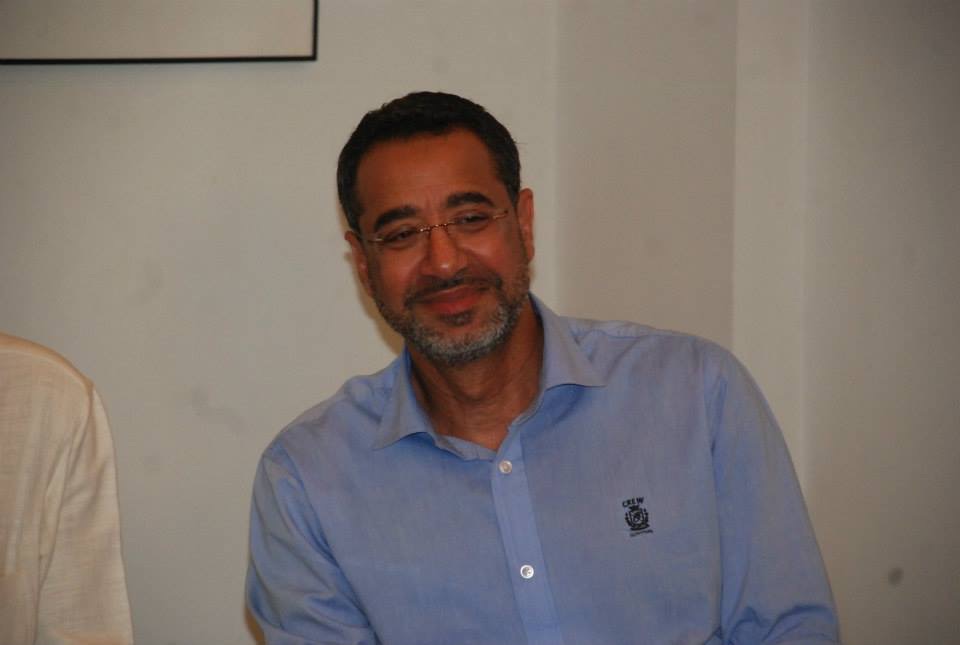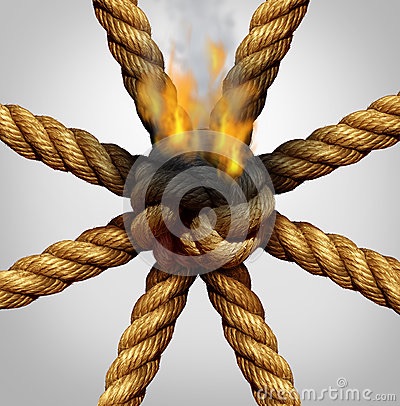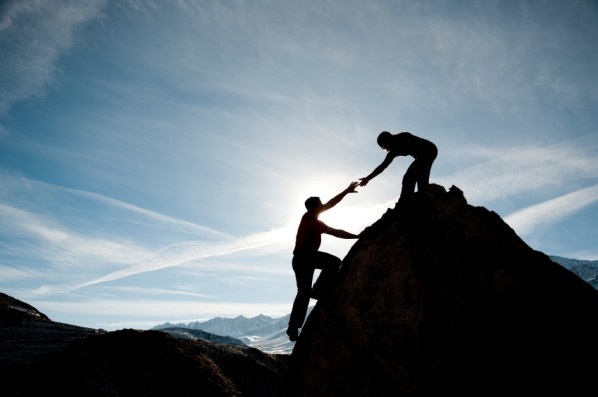 The other Sunday, I had the privilege of attending a Toffee TV enactment of storytelling at a local theater, where the audience was mainly children from the ages of five onwards. It was a great exhibition of storytelling, maintaining interest of the little ones, with great delivery, a bit of theater and lots of warmth. Simultaneously, there were messages during the story of love, caring, righteousness and community responsibility. The story of Kaala bhoot was a direct message to the kids, on the environmental hazards of the plastic bag.
The other Sunday, I had the privilege of attending a Toffee TV enactment of storytelling at a local theater, where the audience was mainly children from the ages of five onwards. It was a great exhibition of storytelling, maintaining interest of the little ones, with great delivery, a bit of theater and lots of warmth. Simultaneously, there were messages during the story of love, caring, righteousness and community responsibility. The story of Kaala bhoot was a direct message to the kids, on the environmental hazards of the plastic bag.
This enactment started a train of thoughts, on the art of storytelling and how it is enmeshed in man’s history. I felt that man has now moved beyond stories and is living a life bereft of the charm of stories. However, when I browsed the internet I realized it’s much more complex than that.
The storyteller has been around since the dawn of man. Imagine it! Some deep dark place, without modern day lighting, the stars shine brightly and huddled together, are clans of hunters. They are raw predators with ingenuity as their weapon and essentially living a nomadic existence. When threatened they move on, as also occurs when the game has disappeared from the locality. Huddled together at night in this darkness around a small fire, standing in front of them is a long haired animated member of the clan. He is telling the story of their forefathers, who came after many years march from the barren mountains to these forests. The storytellers language is still basic, but he compensates for it with bodily action and gestures.
In whatever way man communicated, it was the forte of a few to pass on messages. Invariably these messages took the form of stories. Down the ages the stories continued. In some cases powerful story tellers influenced history. Blind Homer some 3200 years ago, carved out stories – maybe based on reality. These stories of Homer, the Iliad and Odyssey are the longest lasting stories of humanity. They were taken by subsequent generations, embellished with ornaments, eventually reduced to paper and then transported three millennium to us in present day literature form. Along the way, these stories affected Greek society and culture, became part of the fabric of living, and through the inventions and advancements which subsequently occurred, became a small part of ourselves today.
There are many other stories which have shaped us. Like ‘The Arabian Nights’, stories entwined in our eastern culture. Or stories based on reality, offering whispers of experience. The Quran used this means of passing on teaching. As did the Bible. The Quranic stories, parables as Allah calls them, have influenced a billion and half Muslims of the world. We have grown up with the events of Hazrat Ibrahim and his son Hazrat Ismail, the stories of Luqman, Khizr, Hazrat Musa and Zulqarnain, and the dramatic lessons from Hazrat Yousuf, a great tale of survival and triumph of righteousness. We have also heard the frightening ones, like Noah, Shoaib, Lot, Aad and Thamud, serving as great warnings of events beyond human capacity, which have shaped our thinking. Clearly, Allah knows his creation and has used the best way to disseminate messages and therefore leave a lasting impression. Hence, storytelling is inherent within us and is our best case scenario of learning.
So, then to the disappearing storyteller! He is not visible anymore. In our childhood grandparents must have borne this role. We all have our individual stories. Mine are the exploits of Shaikh Chilli and I see now that it was not just fun and love, but also deep rooted corrective messages. On reflection, it came to me that the storyteller is still here in existence.
In today’s time the storyteller survives, only his form has changed. He is in the movies, best sellers, on TV and radio. He is a politician or an artist relating their thoughts. So the Humsafar drama which gripped so many – I confess I never watched it, just heard about it – is just another form of storytelling. There are stories on the internet also. Of necessity, the medium has changed, as our lives have changed. But the essential story from whoever is the same. A message delivered in a most powerful way, for one to disseminate and pass on through the generations. Sometimes these storytellers are artists through paintings or animation and then there is the ever present politician or leader. He too winds stories, which then brings support, he leads and his performance too is a story, which is delivered in history books to later generations.
Just to show you that not much has changed, let me remind you of some powerful imagery just enacted in the last 30 years which depict the same scenes, as at the dawn of the humans. The same group huddled together across a fire and the storyteller telling his story. Hark back to the movie MacKenna’s Gold and the lit fire and blind Adam telling the story of the hidden valley of gold. Or the third of the Star Wars movies, in the Return of the Jedi, C-3PO holding his audience spellbound, as they huddled across a fire, while he related the evil story of the Emperor and Darth Vader.
No the fascinating storyteller is alive and well and continues his good work of changing society, while entertaining us simultaneously. Maybe in the bargain, scaring us at times also!





